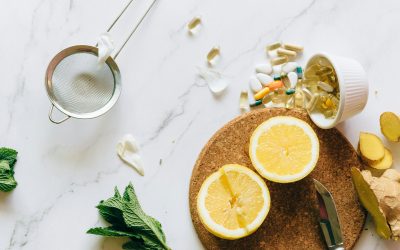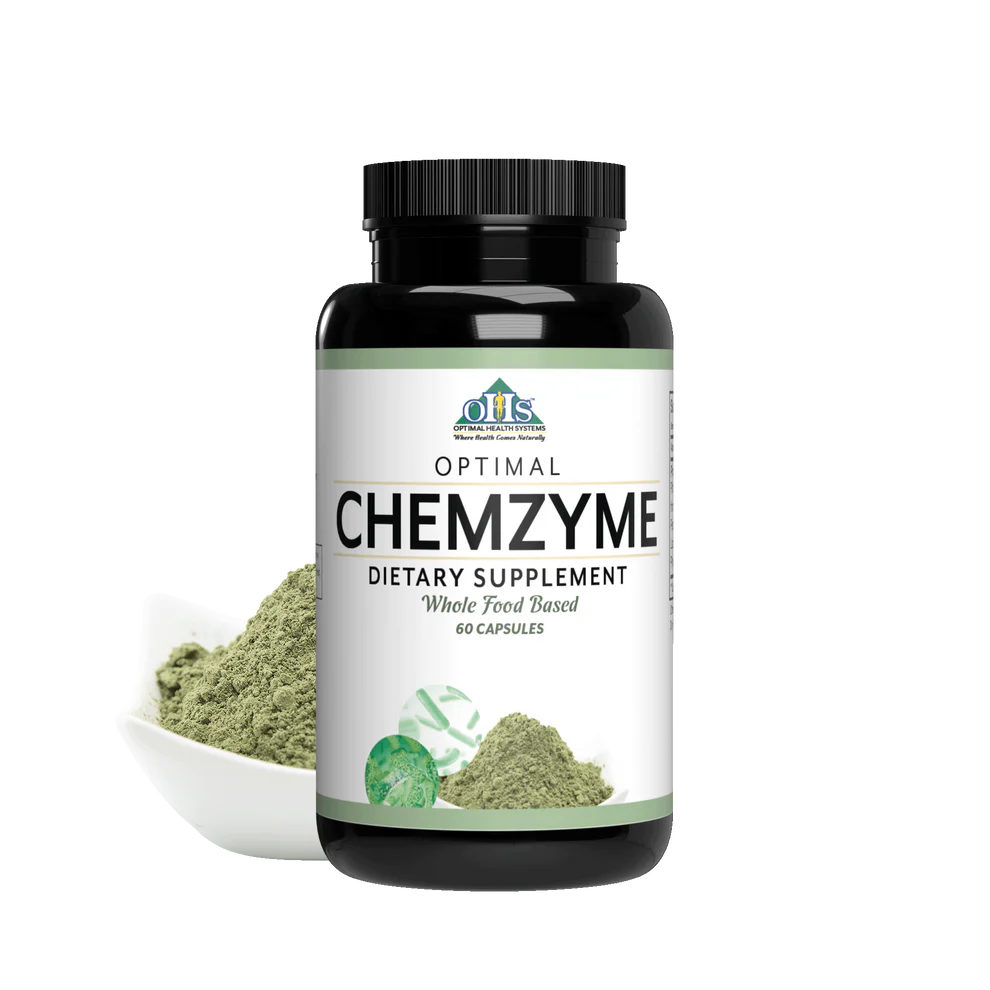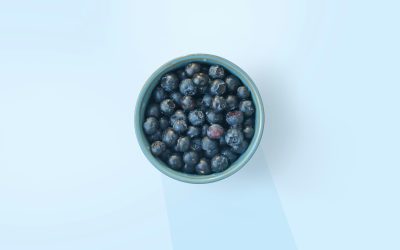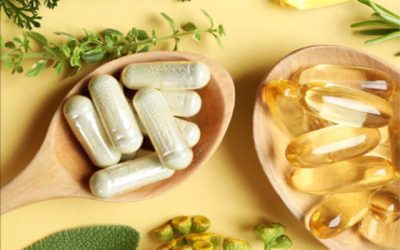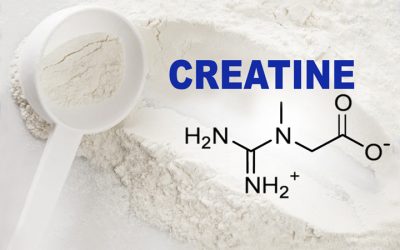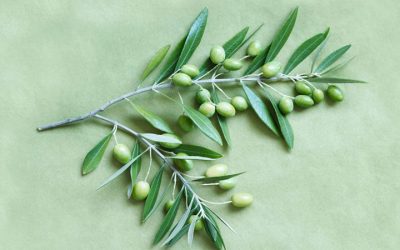Optimal Health Insider
Research broken down for ease of use
The Hidden Impact of Microplastics on Hormones and Immunity
Microplastics are showing up in more than just oceans and food packaging. They’re showing up in the human body. These tiny particles can now be found in blood, tissues, and even breast milk. As research expands, so does our understanding of how plastic exposure...
Supplements vs Food: Why Whole-Food-Based Products Matter
Not all supplements are created equally, and for the average person standing in the vitamin aisle, the labels don’t make that clear. Many common supplements are made from isolated compounds or synthetic versions of nutrients. These can be hard for the body to process...
How to Build a Stronger Immune System Year-Round
When most people think about boosting their immune system, it’s usually during the cold and flu season. But your immune system is working for you every single day, not just in the winter. From protecting you during travel to helping you bounce back after stress or...
Gut Health and Microplastics: How Your Microbiome Helps Defend You
Tiny particles of plastic are showing up everywhere: in the food we eat, the air we breathe, and even our drinking water. Known as microplastics, these fragments have become part of daily life, whether we realize it or not. Researchers have recently found...
Feeling Exhausted? Here’s How to Naturally Boost Your Energy
Fatigue has become so common it’s almost expected. Many people feel tired even after a full night’s sleep or a decent meal. Energy loss isn’t always about doing too much, it often has to do with how well your body manages the demands of daily life. From digestion and...
Do Natural Supplements Help Detox Microplastics? What to Know
Microplastics are tiny particles that show up in food, drinking water, household dust, and even the bloodstream. As exposure becomes harder to avoid, people are looking for real ways to support the body’s ability to handle this new kind of toxic burden. The body is...
Can Antioxidants Help Protect Against Microplastic Damage?
Microplastics have become a growing health concern as research continues to show just how far these particles travel. They’ve been found in drinking water, packaged food, air particles, and even human bloodstreams and tissues. While many people think of plastics as an...
The amazing history and health benefits of lotus flower
Most people recognize the lotus flower (Nelumbo nucifera) due to it's symbolic representation in both current and ancient religions. It was an omnipresent feature in ancient Egypt, and today it is still prominent in Hinduism and Buddhism in India, China and Japan....
Extensive antioxidant benefits of Vitamin E includes male infertility support, study finds
There is often confusion between Vitamin E and EFAs, or essential fatty acids. While there is some cross-over on the sources and benefits of the two nutrients, they are very different nutrients that play very distinct roles. The brief definitions are implied in their...
Creatine research broadens – muscle growth, energy promotion and cognitive support
Creatine is best known as the supplement that helps athletes build muscle strength and mass; however, today creatine is increasingly being recognized for far broader health benefits. All of these health benefits are related to creatine's capacity for promoting energy...
An apple a day may keep the doctor away, but Vitamin D each day keeps DNA damage away!
According to a new study taking a daily Vitamin D supplement can “reduce aging” by three years. The researchers based their conclusions on studying how Vitamin D3 helped slow the shortening of telomeres in the human body. Telomeres are DNA sequences at the end of...
New study on olive leaf extract illustrates why it’s been a recognized health aid for millennia
Leaves from the olive tree (Olea europaea) have been used as a medicinal for thousands of years, and represents one of the world's oldest continuously-used medicinals. While most people recognize that the olive fruit---along with oil made from the fruit---have been...



